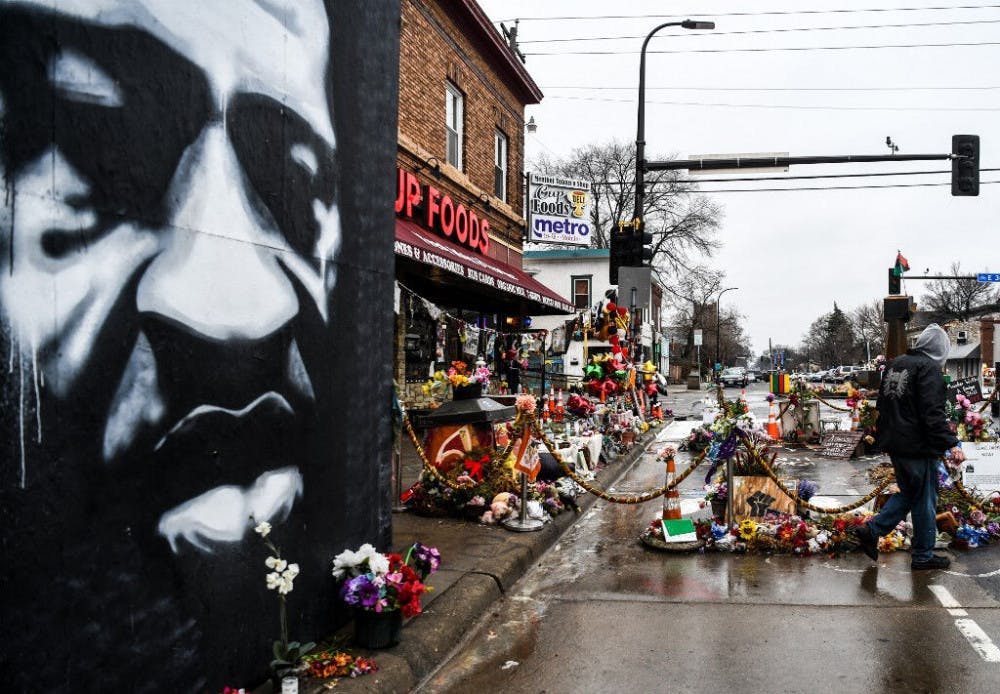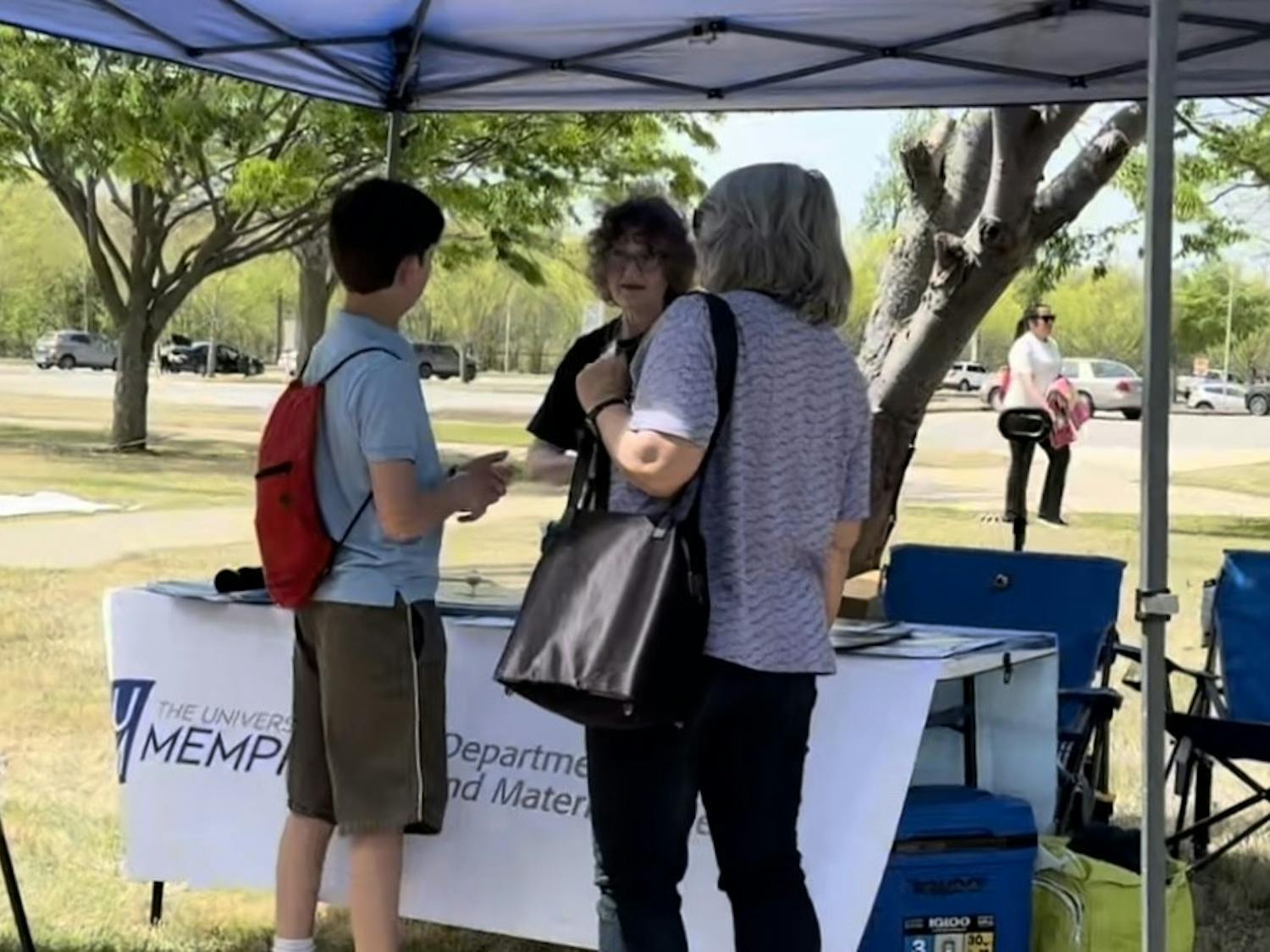It seems like the whole country has watched bits and pieces of the testimonies from the Derek Chauvin trial. Soundbites flooded social media last week as the prosecution and defense had witnesses relive the trauma of watching George Floyd’s life end.
On day 1 of the trial, the prosecution set their argument in front of the jury. Their case hinges upon the fact that Chauvin, the officer who kneeled on Floyd’s back for nine minutes and 29 seconds according to prosecutors, was the cause of cardiac arrest and not a drug overdose as the defense would later argue. Chauvin is facing manslaughter, second-degree murder and third-degree murder charges.
The prosecution’s opening statement was delivered by Jerry W. Blackwell. In it, he placed emphasis on the video taken by a bystander, telling the jury that they can trust their eyes in this case. “You can believe your eyes that it’s homicide, that it’s murder,” he told them. He also pressed the point that this trial was not against police in general – just Chauvin.
This was a point widely criticized in the sphere of social media, with some speculating that Chauvin would be convicted in order to make it seem like the police were working on pulling out the “bad apples.”
The defense’s approach was, essentially, reminding the jury of the substantial amount of evidence in the case beyond the video that has been presented by the prosecution. Over the next week, they would try to establish that Chauvin acted in accordance with his training.
The first week of the trial was marked by emotion and the heated questioning of a witness. That witness was Donald Williams, an MMA fighter and bystander to Floyd’s death. In a heated exchange with Eric J. Nelson, Chauvin’s lawyer, Williams was continuously pressed about his words and actions while officers had forcibly restrained Floyd. In what appeared to be an attempt by the defense to paint the environment surrounding the officers as hostile, Nelson referred to the language that Williams had used towards the police. The video has since gone viral with people applauding the witness for standing his ground against pressure from the attorney.
Another standout interaction came from Charles McMillian who broke down on the stand after viewing footage of the police pinning George Floyd to the ground. He ultimately said that he feels helpless when asked how he felt after watching the video.
Carrying on with the idea of an emotional opening week was testimony from Christopher Martin, who said he believed that the $20 bill that Floyd used to purchase cigarettes with was fake.
“Disbelief and guilt,” was what Martin said he felt while watching Chauvin put his knee on Floyd’s neck. “If I would have just not taken the bill, this could’ve been avoided.”
The store, Cup Foods, had a policy where any counterfeit bills that are accepted under $100 are docked from that employee’s pay. Martin said he offered to accept losing $20 from his pay for the alleged counterfeit, but the manager had Martin go confront Floyd instead – ultimately calling the police to handle the incident.
Starting Monday, the trial took a significantly less emotional approach as the prosecution moved to prove that Chauvin did not follow the standards set by the police department as well as testimony from the ER doctor who pronounced Floyd dead.
First on the stand was the Minneapolis Chief of Police, Medaria Arradondo. He testified that once Floyd had stopped resisting and “certainly when he was in distress and trying to verbalize that, it should have stopped.”
Chief Arradondo’s testimony was unique since police chiefs very rarely testify on behalf of either the defense or prosecution. While on the stand, the prosecution walked the chief through a set of questions, laying out the standard police protocols about the use of force and delivering aid to someone facing a medical issue.
The emergency room doctor who pronounced Floyd dead also took the stand to testify. Dr. Bradford Langenfeld, when asked about the cause of death being an oxygen deficiency, said, “That was one of the more likely possibilities. I felt that, at the time and based on the information I had, it was more likely than the other possibilities.”
Dr. Langenfeld’s testimony that it was likely oxygen deficiency, commonly known as asphyxia, that led to Floyd’s death stirred the jury into notetaking, according to pool reporters.
The trial will continue throughout the week, with the prosecution planning on calling up to seven medical examiners to get their testimony on the case. There are also more officers, trainers and police personnel slated to testify.
After the first week of the trial, people have gathered to pay respects to George Floyd at a memorial. The square this is located in, where he took his last breaths, now bears his name




